Graham Reid | | 2 min read
To The Surface (Liley/Woodbury)
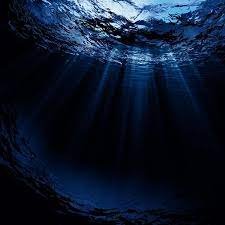
In the dark waters west of atmospheric ambient music, where avant-garde impressionism appears on the horizon, are sounds of no fixed genre.
Here be melodies, ethereal voices, cinematic sweeps of synthesisers and strings, strange creaks, crackles and a sense of anxiety.
This is the soundscape investigated by artists on international labels such as Mute (Nick Cave and Warren Ellis), Erased Tapes (A Winged Victory for the Sullen, Kiasmos) and 4AD (Efterklang, cellist/singer Lucinda Chua) alongside sound designers for films like Jóhann Jóhannsson (Bladerunner 2049) and cellist/composer Hildur Guðnadóttir (Chernobyl).
This country also has explorers and experimenters in the area, notably the enigmatic rotor (sometimes styled as rotor+) whose self-described “black trilogy” of Aileron (2000), Map Key Window (04) and Dust (13) brought together elegant electronica minimalism, surface noise and Cage-like silences allowing the listener to focus on their own aural environment.
This is also where we find Christchurch's Motte (Anita Clark), a violinist and string arranger who has appeared under her own name on albums by Don McGlashan, Luke Buda and Tami Neilson.
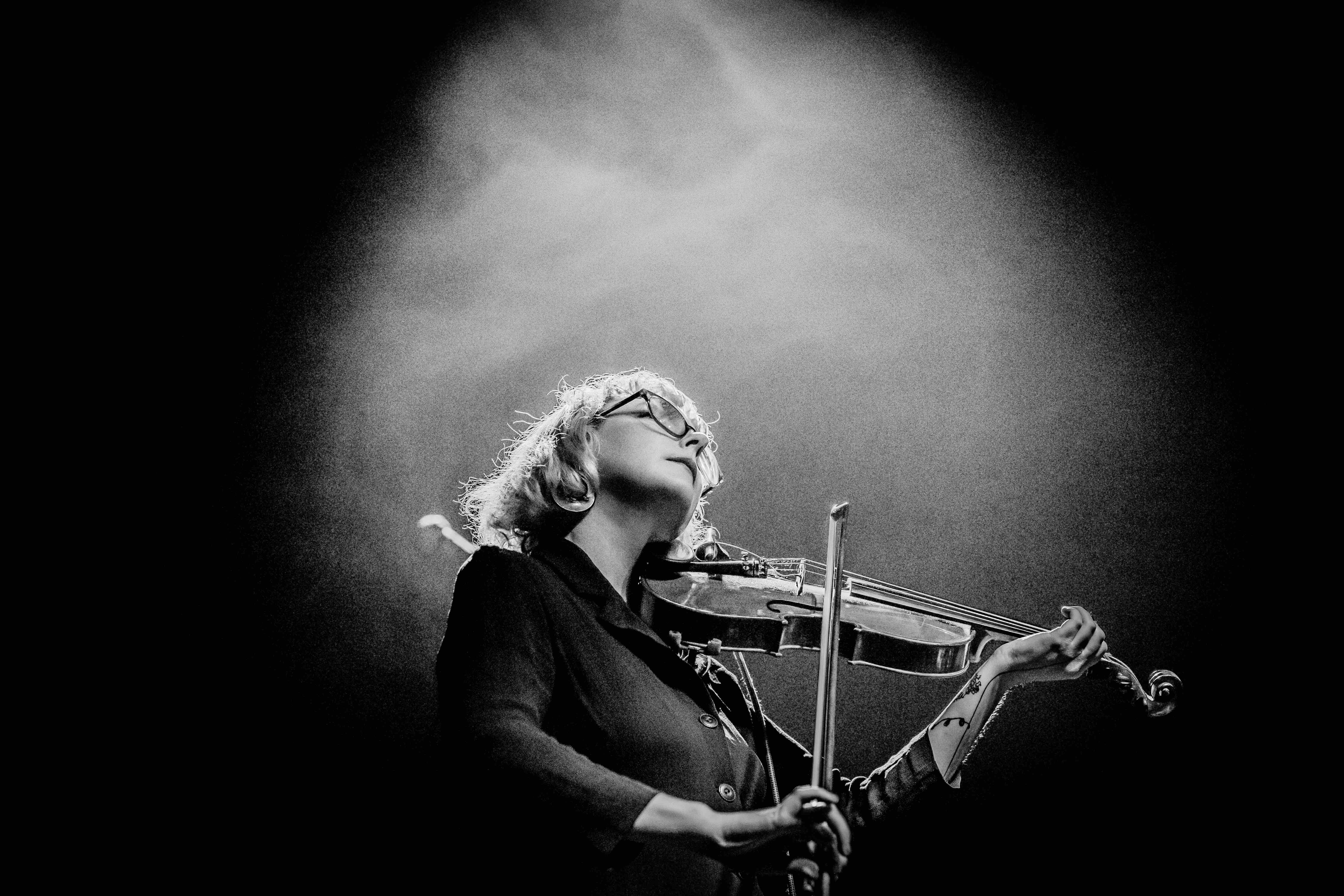 Her Motte debut in 2015 was the appropriately titled Strange Dreams and for her new album Cold + Liquid she works with loops, electronica passages, discreet taonga pūoro and floating vocals like a siren call in the manner of the late Julee Cruise or the quieter end of Cocteau Twins' Elizabeth Fraser.
Her Motte debut in 2015 was the appropriately titled Strange Dreams and for her new album Cold + Liquid she works with loops, electronica passages, discreet taonga pūoro and floating vocals like a siren call in the manner of the late Julee Cruise or the quieter end of Cocteau Twins' Elizabeth Fraser.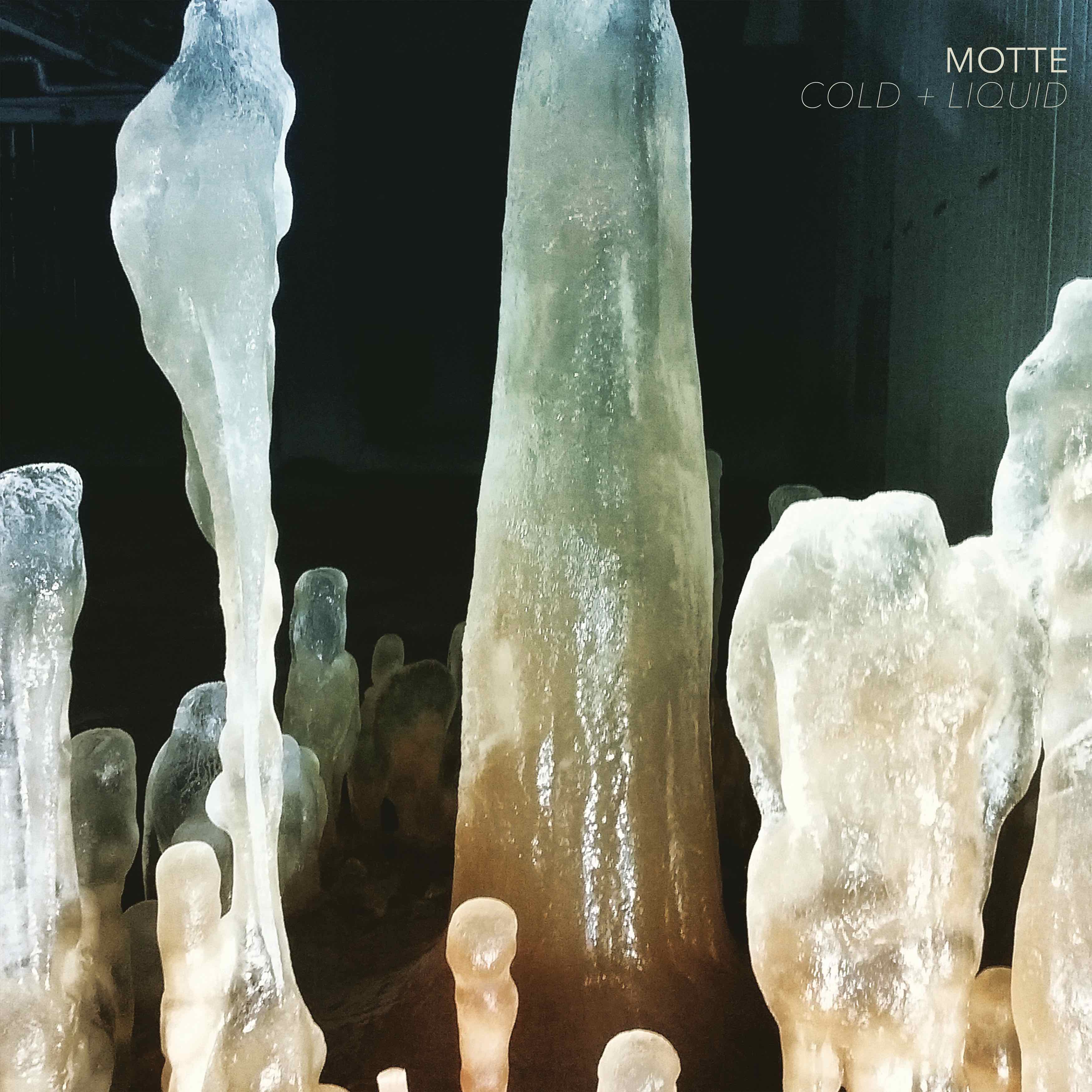
Her melodic violin lines often have a visceral scrape in this deliberately disconcerting context, much like Hisako Yamash'ta in Stomu Yamash'ta's innovative East Wind group of the early 70s.
Cold + Liquid was originally conceived as an instrumental album because Motte suffered from paralysis of her vocal cords, so there's a considered rigor to her musical palette which often seems stateless and untethered.
Motte is on a mesmerising journey with Cold + Liquid but she's not a lone explorer, out here too are Wellington composers Peter Liley and Jack Woodbury with their debut album Unfathomed Waters.
This quasi-ambient collection of calming stasis and passages of unease is where crackling sonic glitches and discordant sounds disrupt the glacial beauty on some of these eight instrumentals inspired by H.P. Lovecraft's 1920s aquatic, submarine mystery story The Temple.
That explains the searing and unnerving The Coming Deprivation of Light where electronic sounds and angry percussion emerge from the depths like a menacing leviathan.
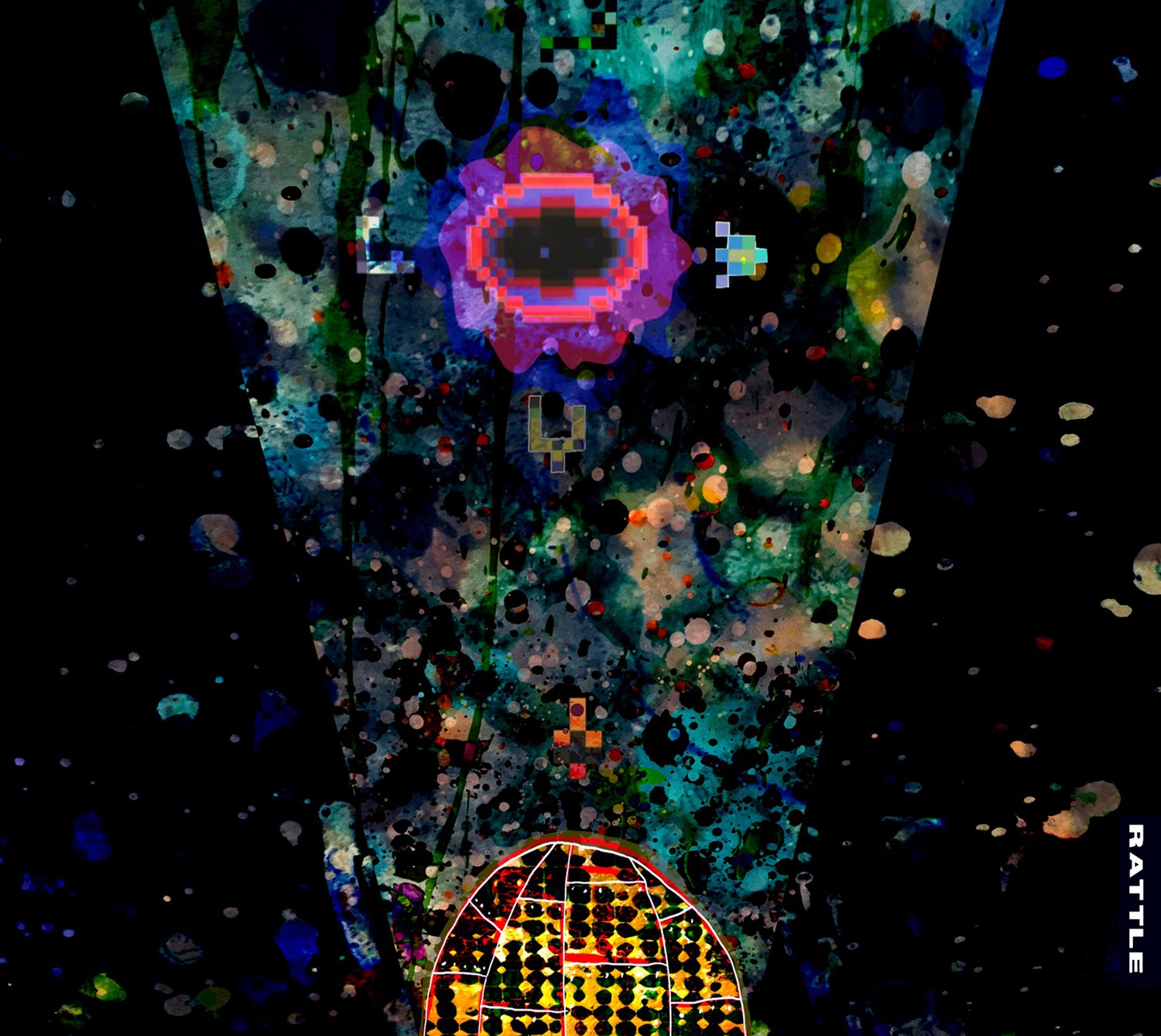
There's an hallucinatory aspect to this music which draws on saxophone, electro-acoustic instruments and voice, but the clue is that Woodbury – who has appeared at Elsewhere previously -- writes for audio-visual installations so these pieces evoke strong visual images, quite a few of them in the rather troubling second half (as befits Lovecraft's story).
Of Woodbury's earlier inst.19-2 we said Rattle Records would the only label in the country courageous enough to release such an album, and we'd be inclined to repeat ourselves for this one.
There's a discernible arc from the heavenly, disembodied voices on the opener There Came A Third Impression through the weightless Almost Without Plans to the increasing prominence of electrostatic glitches then resolution in the closing two-part title track.
Unfathomed Waters is in that similarly distant territory Cold + Liquid also explores, dark and often beautifully disorientating.
These people are Further Outwhere.
Not drowning though, but waving.
.
Cold + Liquid and Unfathomed Waters are available digitally, (Cold + Liquid at bandcamp here, Unfathomed Waters here), Unfathomed Waters also on CD and Cold + Liquid on limited edition vinyl


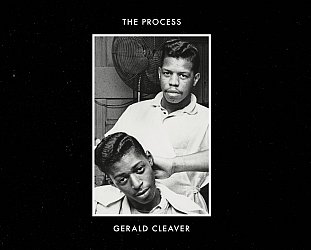
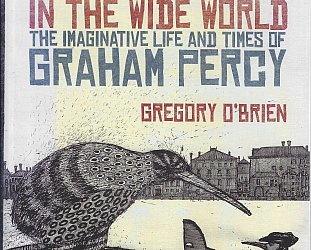
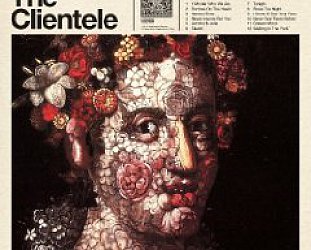
post a comment